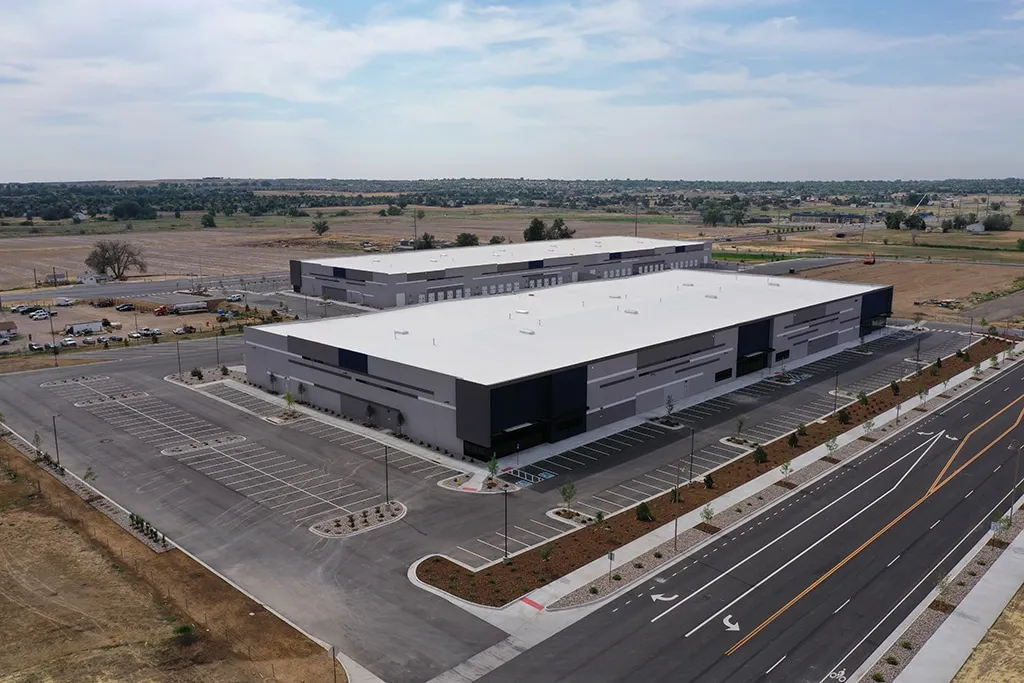Net Zero Cities: Pandemic speeds adoption of sustainable practices
The COVID-19 pandemic unevenly affected efforts in the region to move cities toward net zero energy and sustainability practices, but on balance it likely sped up adoption of new practices, thanks to collaboration put on steroids.
Several members of a panel at the virtual BizWest Net Zero Cities conference, which opened today, made that observation when discussing the effects that they saw over the past 13 months since the pandemic forced a shutdown in the economy.
Without a doubt, the pandemic affected some industries more than others, particularly those with a lot of customer contact such as restaurants and hotels. And it…
THIS ARTICLE IS FOR SUBSCRIBERS ONLY
Continue reading for less than $3 per week!
Get a month of award-winning local business news, trends and insights
Access award-winning content today!





